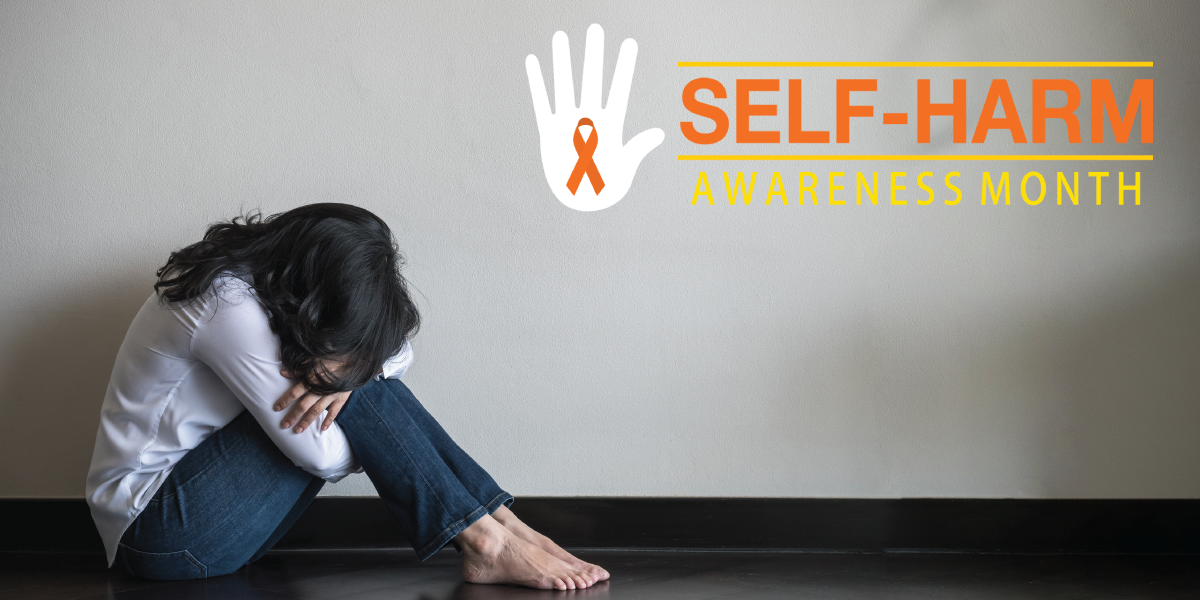Each year, during March, mental health organizations across the country raise awareness about self-harm – a condition that often affects teenagers and young adults. Self-harm is also known as self-abuse, self-injury, or self-mutilation. Self-harm occurs when someone intentionally and repeatedly harms themselves impulsively but not lethally. Teens tend to keep their self-harm a secret, making it challenging for parents to notice that their child is engaging in harmful behavior. Most teens who self-harm attribute it to attempting to cope with difficult or painful feelings, often due to past experiences with abuse, neglect, or a traumatic event.
The most common methods of self-harm in teens and young adults include:
- Skin cutting
- Hair pulling
- Punching objects or oneself
- Excessive scratching
- Head banging
- Burning oneself
- Purposefully breaking bones
Although in most cases, self-harm is not typically a suicide attempt, self-harm can cause medical complications that lead to death. And, in more severe self-harm instances, the individual may lose control, leading to an actual suicide attempt.
Signs that an individual may be engaging in self-harm include:
- Scars, often in patterns.
- Fresh cuts, scratches, bruises, bite marks or other wounds.
- Excessive rubbing of an area to create a burn.
- Keeping sharp objects on hand.
- Wearing long sleeves or long pants, even in hot weather.
” People typically self-harm for different reasons. Some people resort to self-harm to cope with overwhelming emotions or negative thoughts. Others state they do it to release tension and it makes them ” feel better”. People who self-harm may have trouble expressing their emotions or coping with stress in healthy way. It is important to know that people who self-harm usually are not attempting suicide or even having thoughts of suicide. Instead, it is their way to cope with emotional pain. People who self-harm may feel temporary relive from their emotional pain, but most often, this relief is followed by feelings of guilt.
If you believe a friend or loved one is harming themselves it is important not to shame them or try to force them to stop. Stopping is a willpower they most likely do not have. Instead, check in on them, offer support and understanding and assist them in reaching out for treatment. “ – Sherri Feather, Sr VP of Specialty Services
If you suspect a loved one may be engaging in self-harm, please contact one of our mental health facilities (frontierhealth.org/locations) or call our 24/7 Crisis Hotline at 1-877-928-9062. Our Walk-in Center is open 24/7 and available to adults and children 7 years of age and older at our Turning Point location in Johnson City, TN.
IN THE NEWS
Bristol Herald Courier: https://heraldcourier.com/mental-heath-community-recognizes-self-harm-awareness-month/article_ca08432e-908e-11eb-8818-931fb09423db.html
Johnson City Press: https://www.johnsoncitypress.com/lifestyles/frontier-health-is-raising-awareness-to-self-hurting/article_8dd0c0c0-919c-11eb-9ab6-230fcb7e1260.html


